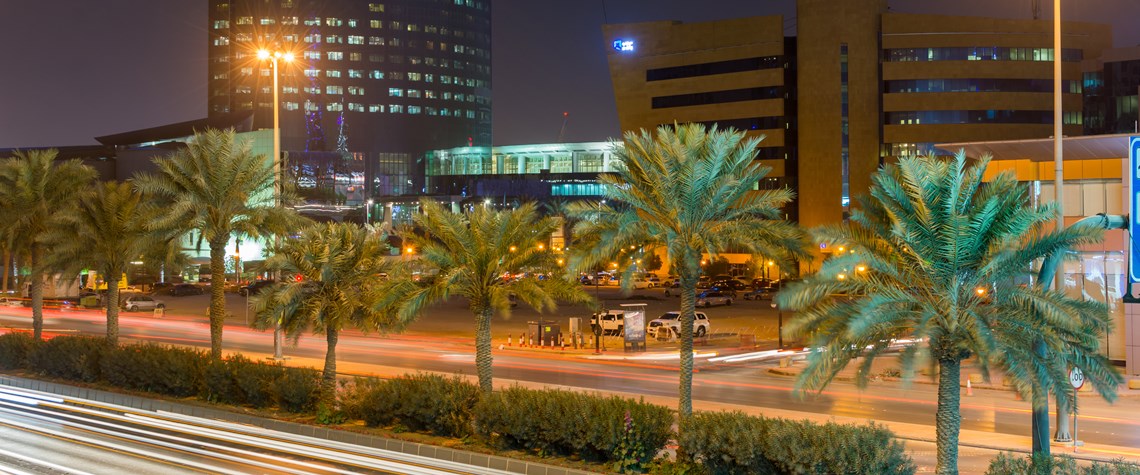Friends and foes in the Gulf
GCC: An intra-GCC political row is diverting attention from external economic threats facing the six energy producers
A falling out among friends can be a painful business. The six nations of the Gulf Cooperation Council (GCC) are experiencing this right now. The side-effects of sectarian rivalry in the Middle East have infected the group and threaten to undermine its cohesion. The GCC was formed in 1981 after the overthrow of the Shah of Iran, when Gulf leaders took seriously Tehran's pledge to export the Shia revolution. Yet differences over the GCC's strategy in dealing with Iran are one of the major causes of today's row. The result: a vicious media war which sees Qatar on one side and Saudi Arabia, the UAE and Bahrain on the other. Qatar believes in maintaining cordial relations with Iran, with which i

Also in this section
19 February 2026
US LNG exporter Cheniere Energy has grown its business rapidly since exporting its first cargo a decade ago. But Chief Commercial Officer Anatol Feygin tells Petroleum Economist that, as in the past, the company’s future expansion plans are anchored by high levels of contracted offtake, supporting predictable returns on investment
19 February 2026
Growth in LNG supply will surpass the rise in demand in 2026 for the first time in years, according to Mike Fulwood, senior research fellow at the OIES, but lower prices are likely to encourage fuel switching and could create more demand on a permanent basis
19 February 2026
Awais Ali Butt, manager for sales and business development at Pakistan LNG Ltd, discusses LNG’s role in energy security across developing, price-sensitive economies, as well as examining trade-offs between buying strategies and the impact of lower prices and policy on import behaviour
19 February 2026
LNG’s technical maturity, availability and price, as well as regulation, have driven its rapid adoption as a marine fuel, yet its future in shipping will depend on transition policies and progress in cutting methane emissions and scaling bio- and synthetic LNG, according to Carlos Guerrero at Bureau Veritas







